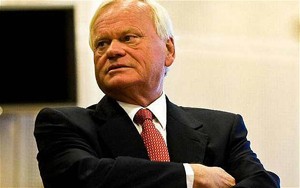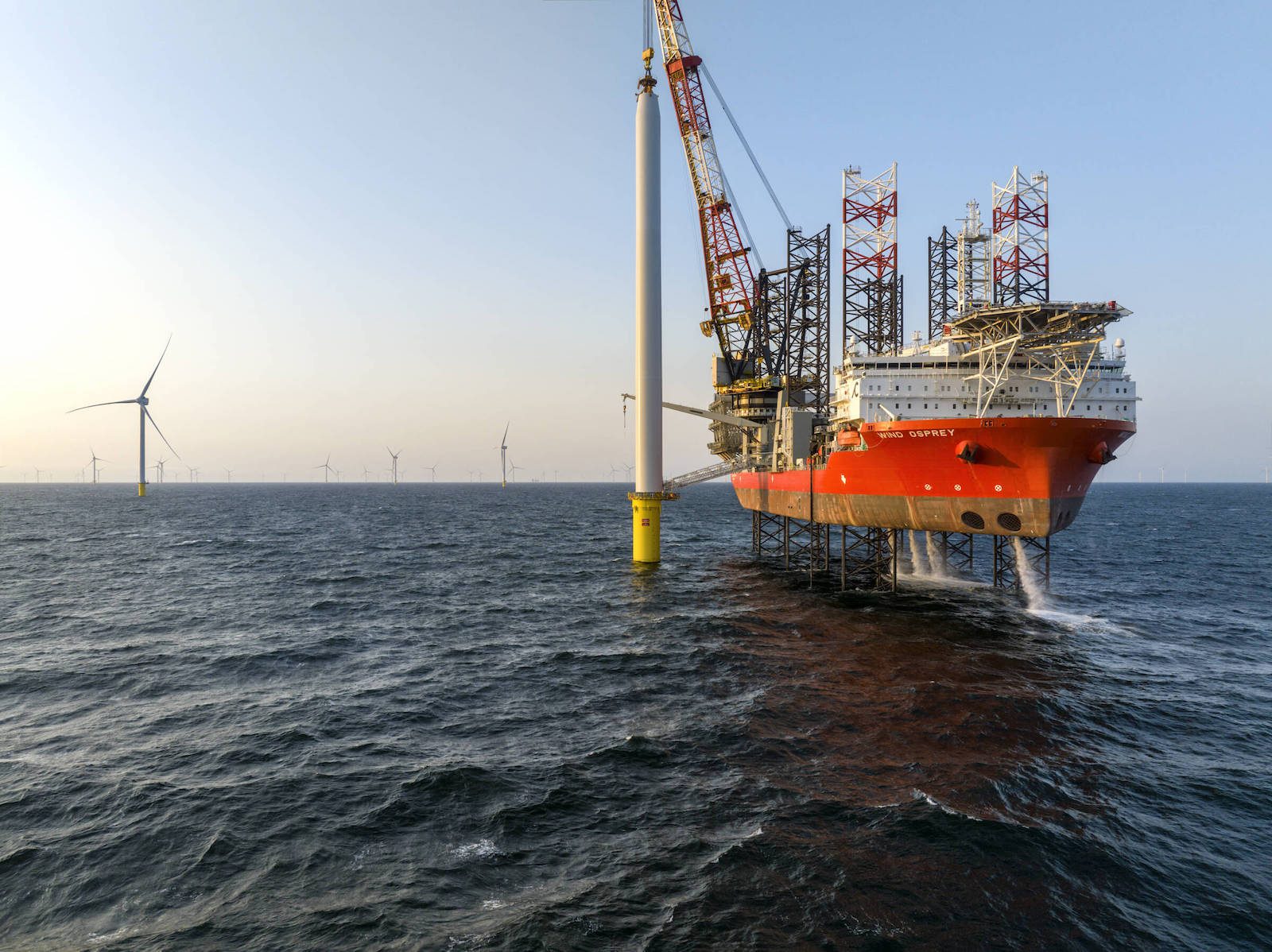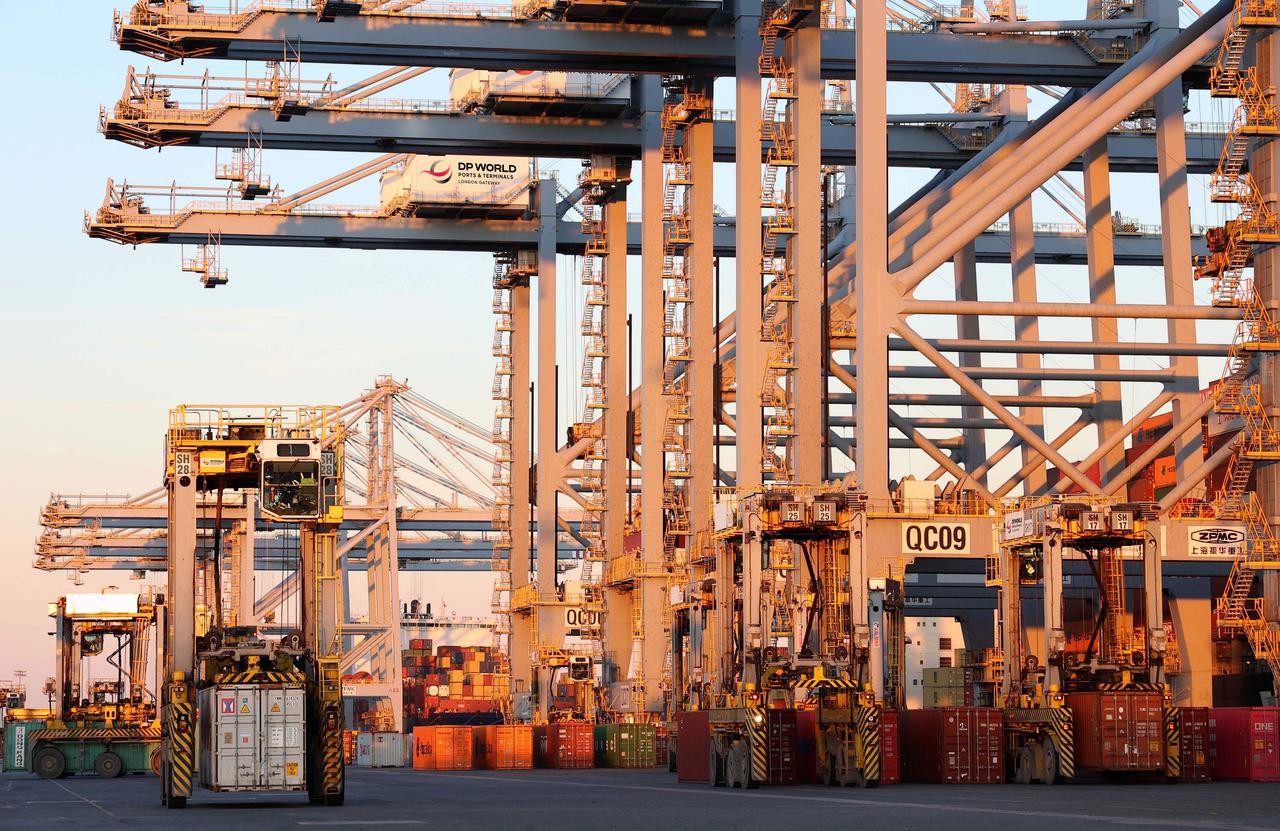 (Dow Jones & Company) U.S. regulators’ lawsuit over alleged manipulation of crude-oil prices in 2008 has shone a spotlight on a shipping tycoon whose risky bets, shrewd investments and buccaneering style have made him Norway’s richest man.
(Dow Jones & Company) U.S. regulators’ lawsuit over alleged manipulation of crude-oil prices in 2008 has shone a spotlight on a shipping tycoon whose risky bets, shrewd investments and buccaneering style have made him Norway’s richest man.
John Fredriksen owns the trading companies at the center of a civil action brought this past week by the Commodity Futures Trading Commission. The case brings fresh scrutiny to a businessman with the reputation of a maverick, business interests ranging from oil rigs to fish farms, and an estimated net worth of £6.2 billion, or $10.2 billion, that put him at No. 7 in a recent Sunday Times’ list of richest U.K. residents.
The CFTC sued two traders and the companies they worked for, Arcadia Energy (Suisse) SA and its Parnon Energy Inc. affiliate, alleging that in 2008 they amassed and sold off a substantial position in physical crude oil to “manipulate future prices.” The companies are controlled by Mr. Fredriksen’s Farahead Holdings, of Cyprus.
Mr. Fredriksen declined a request for comment. In an interview with the Norwegian newspaper Dagens Næringsliv he dismissed the charges, saying “It’s what happens in an oil market—buying and selling oil. We have done nothing wrong.” In a statement, Arcadia said the CFTC’s complaint was without merit and that it was confident no laws were broken.
The son of a shipyard welder, Mr. Fredriksen was born in a working-class suburb of Oslo in 1944. He started off as a shipping broker, running cargoes of fish from Iceland to Hamburg, Germany. In the late 1960s he moved to Beirut, where he shipped crude oil from Saudi Arabia and Iraq, sending back refined products. He bought his first ship in 1973.
In the 1980s, he was one of the few to export Iranian oil during the Iran-Iraq war. He shepherded tankers through the Persian Gulf from Kharg Island, an oil terminal frequently bombed by Saddam Hussein’s air force. Mr. Fredriksen’s tankers were hit three times by Iraqi missiles.
The controversial business brought him fame in Norwegian shipping circles. His regular table at Oslo’s fashionable Theatercafeen restaurant was nicknamed “Kharg Island.”
His attitude to his homeland hardened in 1986 when the Norwegian authorities charged him with fraud, alleging his tankers had used customers’ cargoes for fuel. Police raided his offices in Oslo, and he turned himself in a few days later. The main charges were later dropped. He paid a fine on a lesser charge.
Ten years later, he garnered more unwanted attention when one of his tankers, Sea Empress, broke up off the coast of Wales, spilling 70,000 tons of oil. He told one interviewer that at that point he considered quitting the tanker market.
Instead, he carried on. That same year he bought Frontline, a Swedish shipping firm that he gradually transformed into a giant through a string of bold acquisitions. In 1996, he owned seven tankers; today, Frontline is the world’s largest independent oil-tanker company, with 81 vessels.
One secret to his success was an early investment in double-hull tankers, considered safer than the more conventional kind because they have an extra space between the hull and the storage tank. After big oil spills like Exxon Valdez in 1989, oil companies gradually stopped chartering single-hull tankers. Mr. Fredriksen made a killing.
“He’s old-style. He takes gut decisions and is not afraid to buck the trend,” said one shipping-industry insider.
Gradually he expanded his business empire, building fleets of “dry bulk” ships that move such commodities as coal, steel and grain, as well as carriers for liquefied natural gas. His Marine Harvest is one of the world’s biggest producers of farmed salmon.
His Seadrill Ltd. has amassed a huge fleet of state-of-the-art rigs capable of drilling in some of the world’s deepest oceans. His bet on Seadrill was seen at the time as perhaps his riskiest. In 2005, he ordered two “ultradeepwater” rigs for nearly $900 million on spec—or without a drilling contract from an oil company to guarantee them. The gamble paid off in the next few years as deepwater oil exploration in such places as offshore Brazil and West Africa flourished.
“We didn’t feel it was a risk,” Mr. Fredriksen said in a 2008 interview with The Wall Street Journal. “We knew there was a boom coming on.”
That year, his companies became cash machines as commodities’ prices soared and shipping and oil services coined it in. Charter rates for Mr. Fredriksen’s dry-bulk ships set records, with tankers earning a profit of $100,000 a day and Seadrill’s most-advanced oil rigs being leased at day-rates of $600,000 and more, up from $70,000 in 2003. Soon, Mr. Fredriksen was being compared with Greek shipping tycoon Aristotle Onassis.
In 2006, Mr. Fredriksen gained Cypriot citizenship, after complaining about Norway’s high tax rates. (He maintained his Norwegian citizenship.) These days, he spends much of his time in London. He bought a house there in 2002 for £36 million—then one of the highest prices ever paid for a London home.
A widower with twin daughters, age 27, who work in his businesses, Mr. Fredriksen’s main hobbies are soccer and fly-fishing. He also is a generous donor to medical research—the Inger and John Fredriksen Ovarian Cancer Research Foundation commemorates his wife, who died in 2006.
The world has changed since the 2008 boom, and so has the outlook for his companies. Soaring rates prompted ship owners to order more vessels, which are now leaving shipyards. That caused a glut in the market and pushed freight rates down to $1,000 a day.
Frontline this week said first-quarter profit had fallen 81% from a year earlier because of sluggish tanker demand.
-By Guy Chazen, Dow Jones & Company, Inc

 Join The Club
Join The Club











